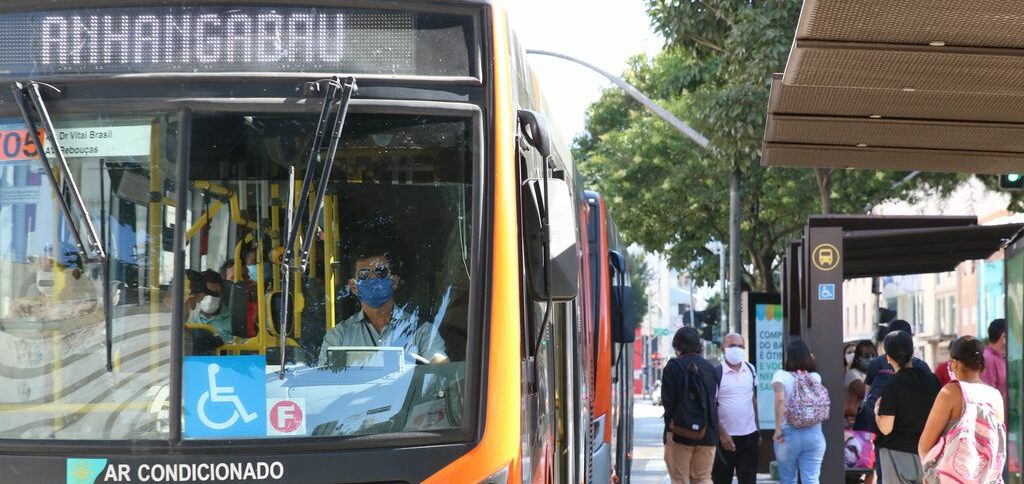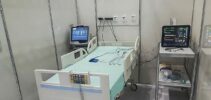This Monday (28), several municipalities in São Paulo began implementing the mandatory use of masks on municipal buses, in an attempt to stop the spread of Covid-19 and new strains. Cities such as Itaquaquecetuba, Cotia and Praia Grande incorporated the measure following the recommendation of the state government.
ADVERTISING
On Friday (26), when the São Paulo government announced the mandatory use of masks in the subway, trains and transport between municipalities, several cities adhered to the measure, such as Barueri, Sorocaba, São Carlos, Praia Grande, Campinas, Americana, Sumaré, Hortolândia, Valinhos, Jaguariúna and Louverira.
With Covid-19 high, São Paulo City Hall and State Government resume mandatory use of masks on public transport

The measure comes at a time when Covid-19 cases are spiking again in Brazil: according to the latest survey carried out by All for Health Institute (ITpS), the positivity of tests for COVID-2 it went from 20% to 32% in just two weeks, from October 29th to November 12th.
Necessary measure, but arrives late
“The number of Covid cases has been increasing since the end of October. So the resumption of mask use, especially in environments with many people, such as public transport, is late, but essential to reduce viral transmission”, emphasizes Anderson Brito, scientific researcher at ITpS.
ADVERTISING
He explains that it is necessary to reduce transmission before the number of cases becomes alarming again and results in an increase in deaths.
“Our focus is to avoid serious cases of people who are more vulnerable to the virus, such as young children who have just started to be vaccinated, or those people who do not respond to vaccination in the desired way (immunosuppressed and some elderly people with vulnerabilities)”, explains the researcher .
New variants
According to a report by metropolises, researchers from the genomic sequencing laboratory at the Faculdade de Medicina do ABC (FMABC), in São Paulo, announced the identification of two new variants of the coronavirus BQ.1, one of the Ômicron types, which had never been registered in Brazil.
ADVERTISING
According to the researchers, BQ.1.1.17 and BQ.1.1.18 were found in mildly ill patients, but it is not yet possible to say whether the variants can be lethal or evade the immunity generated by vaccines.
See also other features:




